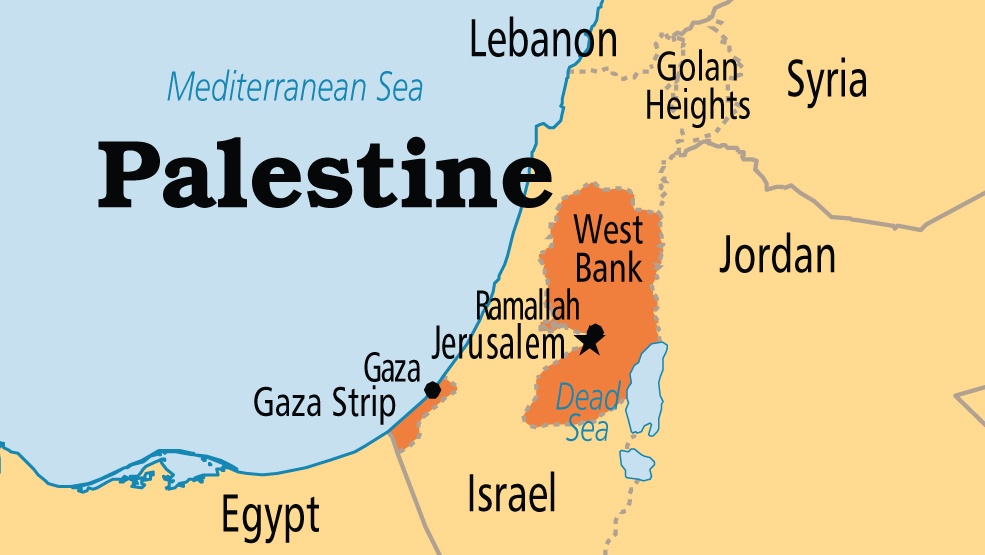The Nigerian government through the Ministry of Foreign Affairs has said that it is “watching with great concern” the escalating crisis between Israel and Palestine, urging the two parties to find an urgent, lasting solution.
The spokesperson for the ministry, Mr Ferdinand Nwoye, stated this in a release titled, “Official Statement of the Federal Republic of Nigeria on the Developments in Israel and Palestine” obtained on Thursday.
The ministry said, “The Ministry of Foreign Affairs wishes to state that the Federal Government of Nigeria is watching with great concern, the unfolding developments in Israel and the State of Palestine and urges both parties to see reason and de-escalate the hostilities.
“The Nigerian Government further urges the two parties to remain committed to the two-state solution and, in the meantime, guarantee the rights of all citizens to live in peace and dignity.”
Meanwhile, some Nigerians have scolded the government for showing concern to the situation in Israel and Palestine when its own territory is confronted with more deadly security challenges from the Boko Haram, ravaging bandits and kidnappers.
“The same Nigerian government that keeps quiet when hundreds are slaughtered in Nigeria and where young critics of state governors like (Nasir) El-Rufai disappear never to be seen again,” a Nigerian, Ikhide Ikheloa, said.
The decades-long Israel-Palestine crisis resurrected in the past weeks with the deadly escalation of violence across Israel, the West Bank and Gaza, in which at least 40 people have been killed and hundreds injured.
The crisis has demonstrated how the core areas of disagreement between Israelis and Palestinians still run deep. Added to the violence is also internal political unrest in the two countries which centre on leadership on both sides.
For Israelis, this has manifested itself in four elections in two years that have so far failed to end in the formation of a stable government. The most recent election, held on March 23, is still mired in wrangling between various parties and factions. Coalition talks were frozen on Monday after violence exploded in Jerusalem and Gaza.
For Palestinians, meanwhile, the ongoing crisis of leadership has been encapsulated in Hamas commandeering the resistance, further sidelining Mahmoud Abbas’ Fatah party and the Palestinian Authority, of which he is president.
Tensions between Fatah and Hamas have dominated Palestinian politics since 2006, when Hamas was victorious in the Palestinian Authority’s last parliamentary elections for the Palestinian Legislative Council, ending the era of Fatah’s dominance.
After armed conflict between the two factions and the failure of an attempted unity government, the Palestinian leadership has been divided since 2007, with the Fatah-led Palestinian Authority governing the West Bank, and Hamas governing the Gaza Strip.



